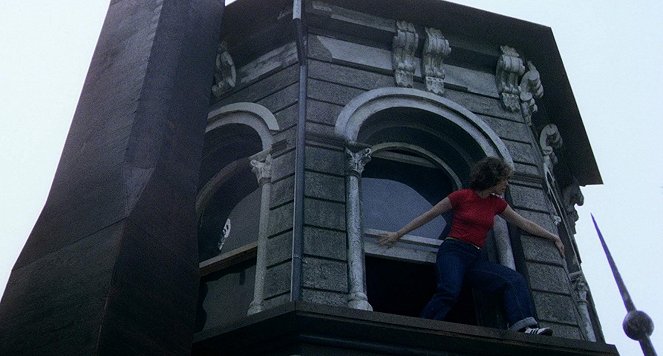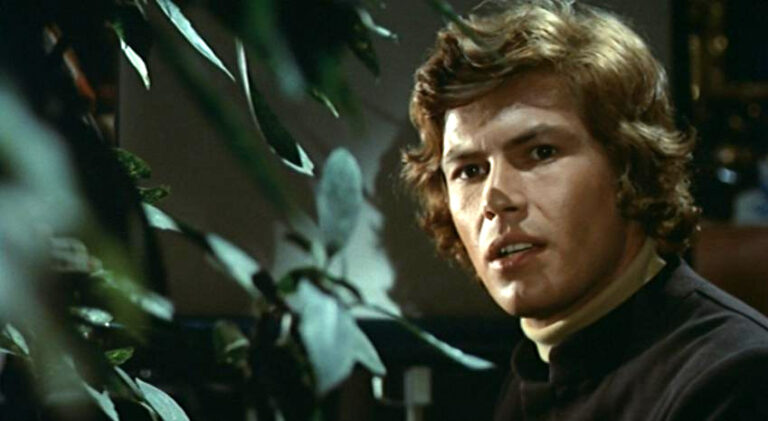– Crossroads is the movie for the weekend. In this section every Saturday or Sunday Celluloid Dimension picks a movie for the weekend. The selections are preferably underrated movies or neglected movies that we think should get more attention. Have fun with these recommendations. –
Directed by Teinosuke Kinugasa
Written by Teinosuke Kinugasa
Starring:
- Akiko Chihaya as the sister
- Junosuke Bandô as the brother
- Yukiko Ogawa as O-ume, the courtesan
- Minoru Takase as the policeman (credited as Ippei Sōma)
Rating: ![]()
I hesitate to call it horror, but its terror is undeniable. This silent Jidaigeki—crafted by Japan’s most tragically overlooked filmmaker—merges two towering avant-garde movements born of postwar artistic upheaval: German Expressionism and French Impressionism. The outcome is staggering—immaculate visual storytelling, technical ingenuity, and artistic sophistication distilled into a hypnotic cinematic experience.
The film’s opening is a fever dream of experimental formalism—its audacity risks alienation, its quasi-Soviet aesthetic teeters on incomprehensibility. But beyond this initial abstraction lies something extraordinary: a work of pure cinematic poetry, bleak yet revelatory, its haunting beauty revealing the vulnerability of women trapped within patriarchal structures. There is no salvation in its tragedy, no light within its devouring shadows. And yet, through Teinosuke Kinugasa’s mesmerizing compositions, a quiet form of enlightenment emerges—one of empathy, resilience, and unwavering strength.
Akiko Chihaya plays the devoted sister of a ruthless man who loses his sight after a violent struggle over a courtesan. His recklessness becomes her burden, his selfishness her punishment. The film denies her a name—she is simply Sister, stripped of identity, existing only in service of others.
The camera’s gaze shifts from detached observation to subjective horror—when we see through Sister’s eyes, reality warps into grotesque, contorted imagery. This is a film without escape, a tragedy without reprieve. More than a period piece, it is a timeless confrontation of womanhood’s precarious position in Japanese society—an outdated construct that refuses to fade.
*There is no version of this film that has a soundtrack made specifically for it, nor any restoration that has optimally added one. Therefore, I watched it completely silent (no pun intended). If you are interested in watching it, I recommend not to use any randomly selected music, the frame rate will thank you for it.









